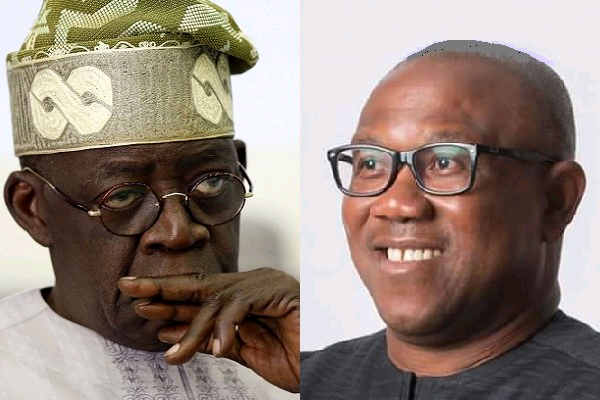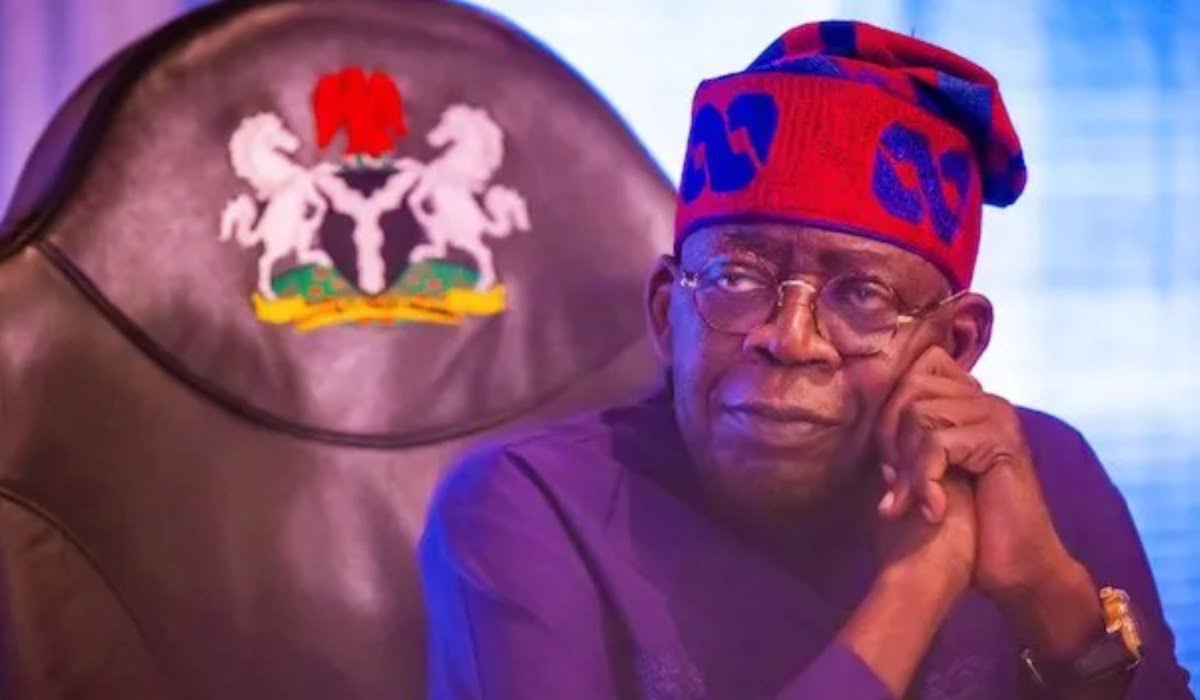The presidential election petition tribunal is currently under pressure not to hold hearings until after the May 29, 2023, inauguration of Bola Ahmed Tinubu, the declared president-elect of the Federal Republic of Nigeria.
Tinubu polled 8,794,726 votes to defeat the People’s Democratic Party candidate, Atiku Abubakar, and his counterpart in the Labour Party, Peter Obi, who garnered 6,984,520 and 6,101,533 votes, respectively.
Peter Obi and Atiku Abubakar, who are not satisfied with the outcome of the elections and the manner in which the results were manipulated and declared, have since petitioned the Presidential Election Petition Tribunal to challenge the outcome of the election.
Read Also
- Tinubu Writes SGF, includes Okotete, Kyari, Betta Edu 11 others to Presidential Inauguration Committee
- President Zelensky invites Tinubu to Ukraine on state visit
A source close to the Presidential Election Petition Tribunal said the judges are under pressure not to commence hearing and also to use any technicality to dismiss some of the petitions of Peter Obi of the Labour Party and Atiku Abubakar of the PDP.
According to the source, the cabals told the tribunal that technicalities could be used to dismiss Peter Obi’s prayer on Tinubu’s drug case, double nominations of Kashim Shettima, and 25% of the votes in the FCT.
However, the tribunal is in a state of quagmire over which of the phrases of the Constitution to use. They are also concerned about what will be their fate in the eyes of the international community. Recall that some of the judges who made Hope Uzodinma governor were denied visas by the United States.
This will be the first time in history that, after 21 days of exchanging briefs between parties, no date has been given for the hearing of the petitions.
Olisa Agbakoba (SAN), former president of the Nigerian Bar Association (NBA), has advised the Nigerian judiciary, in particular the arm responsible for deciding on presidential election petition matters, to decide and make a judgement on such matters within seven days of receiving the petition.
Agbakoba argued that Tinubu’s drug case, Kashim Shettima’s double nominations, and 25% of the votes in the FCT can be resolved within 48 hours.
Election petition tribunals are legal bodies set up to handle disputes that may arise from election results. These tribunals are usually established in accordance with the laws and regulations governing elections in a particular country.
In Nigeria, the Presidential Election Petition Tribunal is responsible for hearing and determining disputes arising from the presidential election.
The tribunal is made up of judges appointed by the Chief Justice of Nigeria, and its decisions can be appealed to the Supreme Court.
It is not uncommon for election petition tribunals to come under pressure, especially in highly contested elections. In such cases, the pressure may come from various sources, including political parties, candidates, and interest groups that may have a stake in the outcome of the election.
However, it is important for these tribunals to remain independent and impartial in their decision-making processes, free from any external influence or interference. This is essential for upholding the integrity of the electoral process and ensuring that the will of the people is respected.
In another development, human rights lawyer Femi Falana (SAN) has backed calls for the televising of the presidential election tribunal proceedings. He made the comment while fielding questions on Channels Television, following calls by the Nigerian Bar Association for the proceedings of the tribunal to be aired live. Such a move, Falana concurred, will put the judiciary in a good light and make the process transparent. “I have always campaigned for that, and that is the trend in Africa.” In Ghana and Kenya, the proceedings are televised because judges should have nothing to hide. “They should invite the media and members of the public,” he said. “Once there is order in the court, everybody should be part of it.” “We are all part of the election, and so the decision of the court on the election should not be shrouded in secrecy.” While reiterating that televising the proceedings will enhance judicial credibility, he believes such a suggestion deserves attention from the authorities. “It is in the interest of our judges and the public.” “And again, it enhances the credibility of the judiciary,” Falana added. “I am very sure that the suggestion will be seriously considered.”









